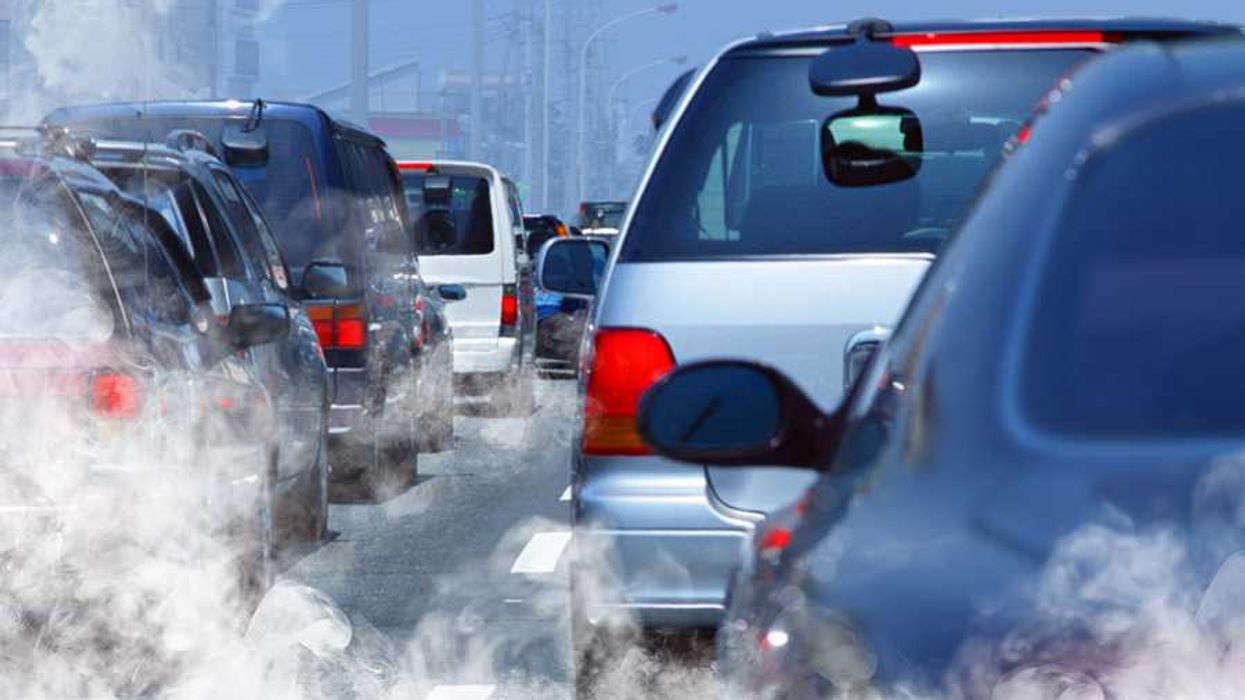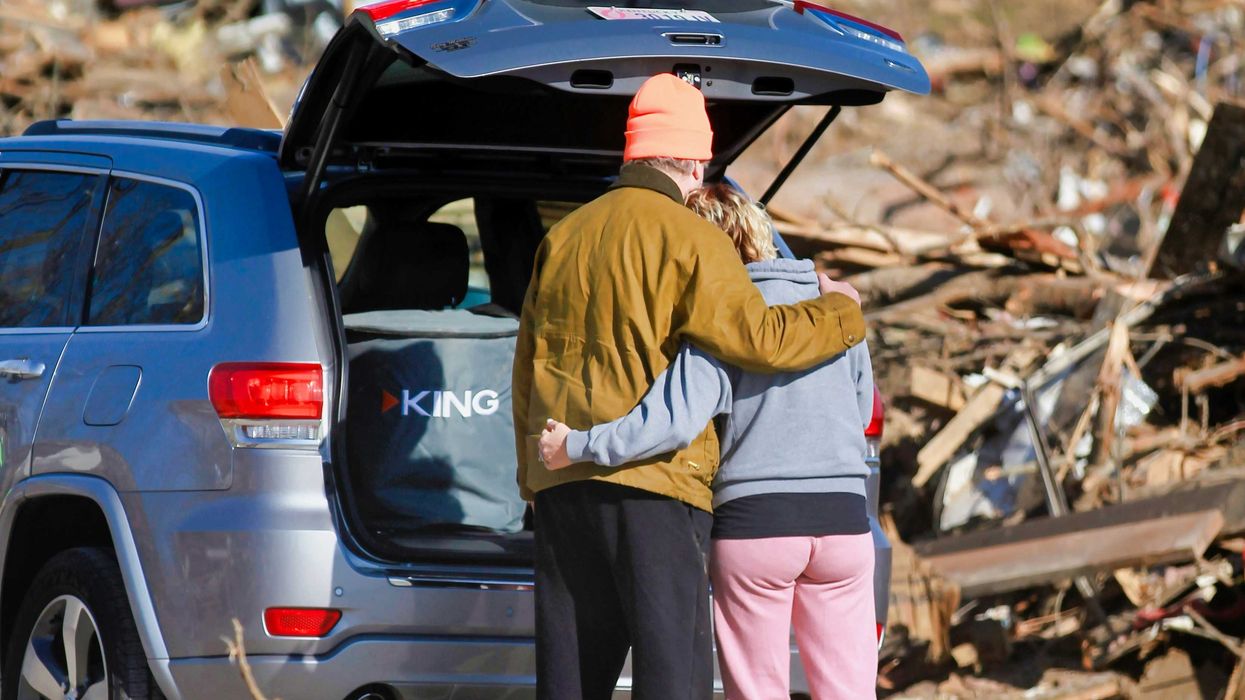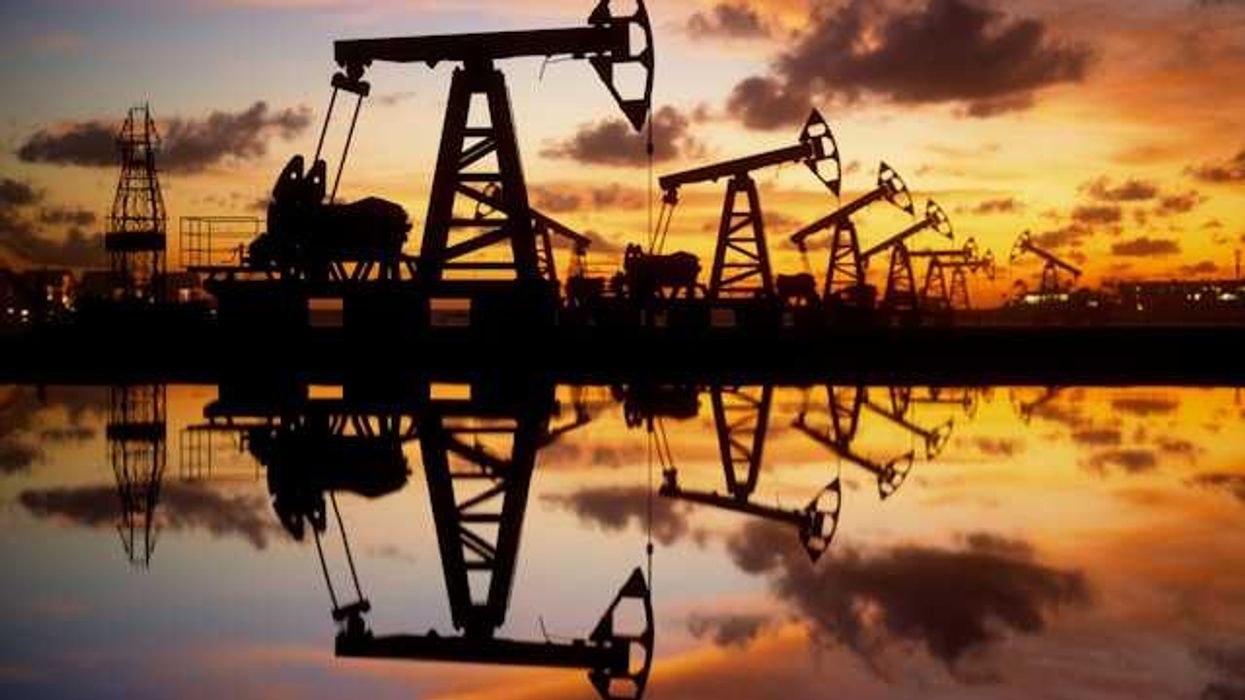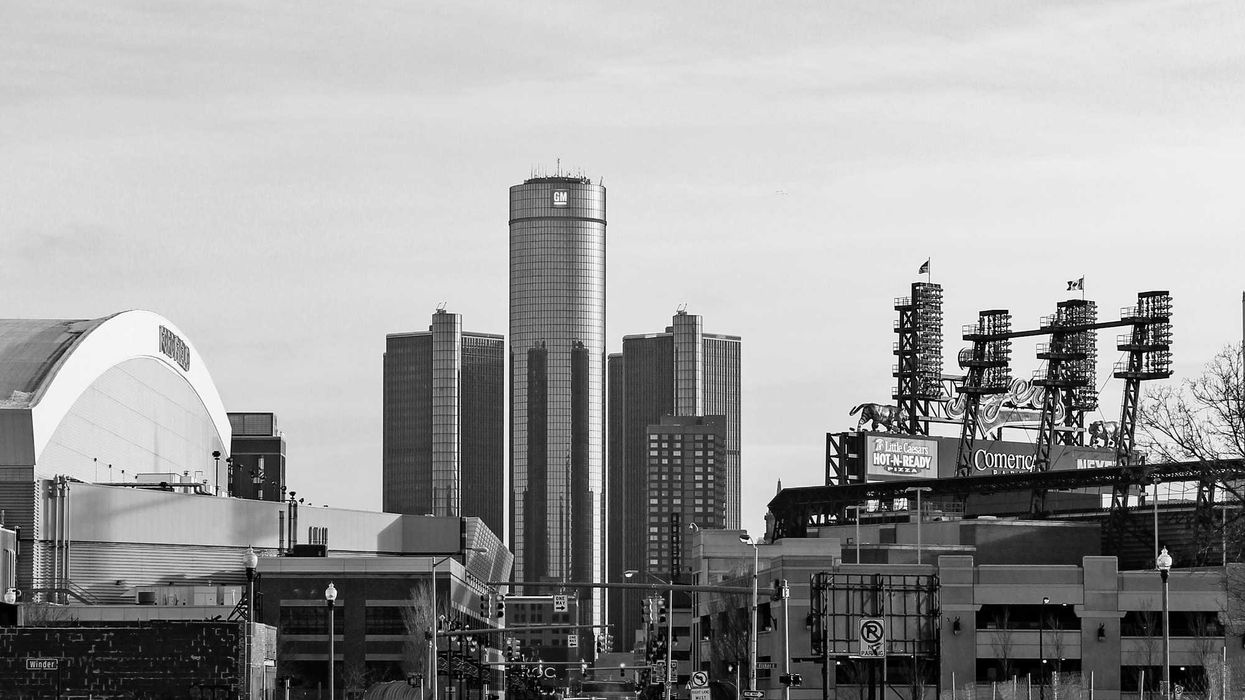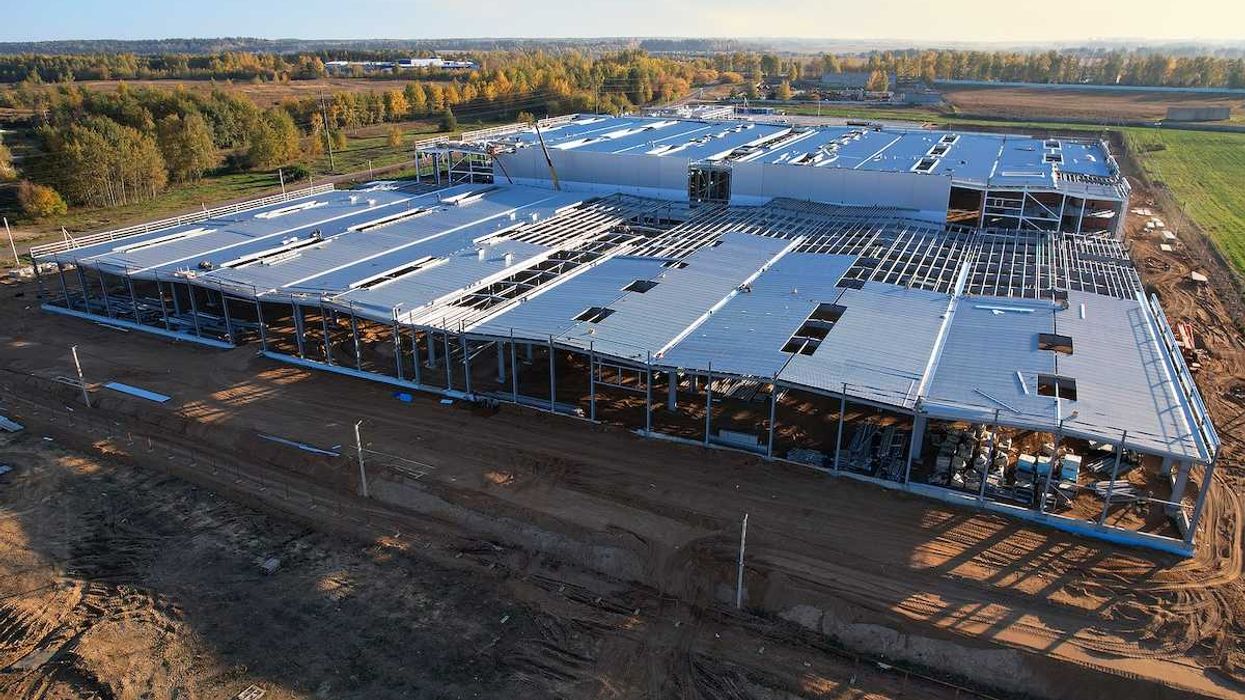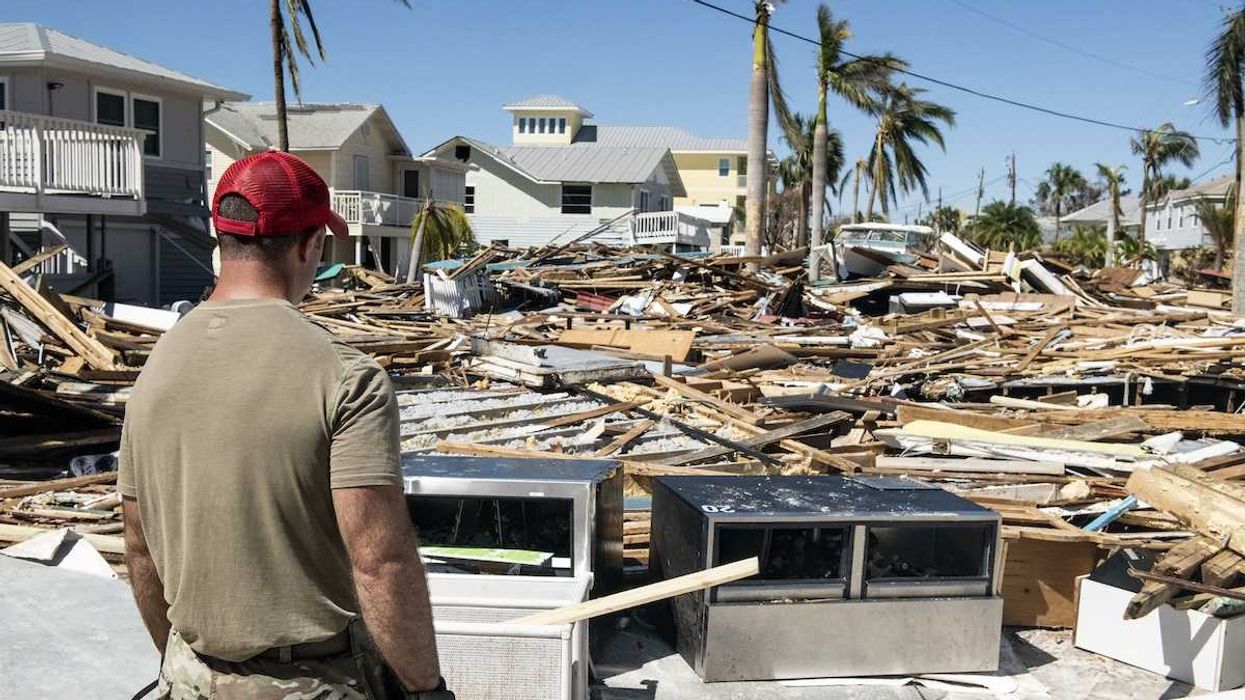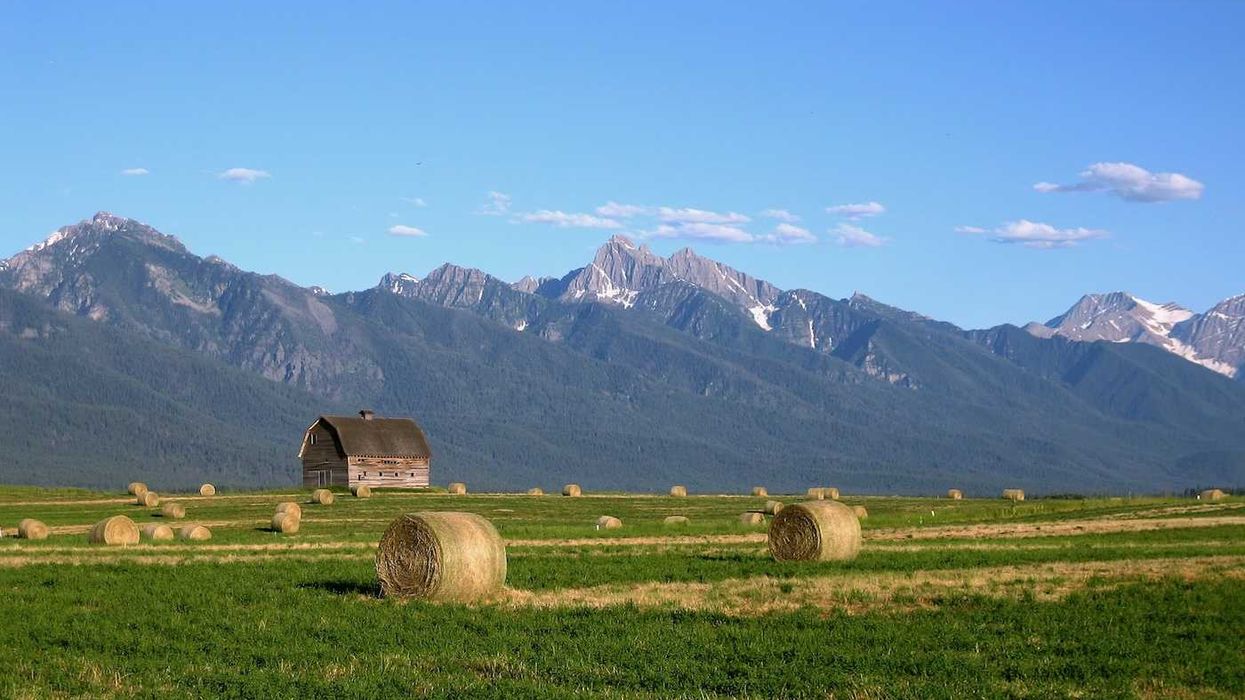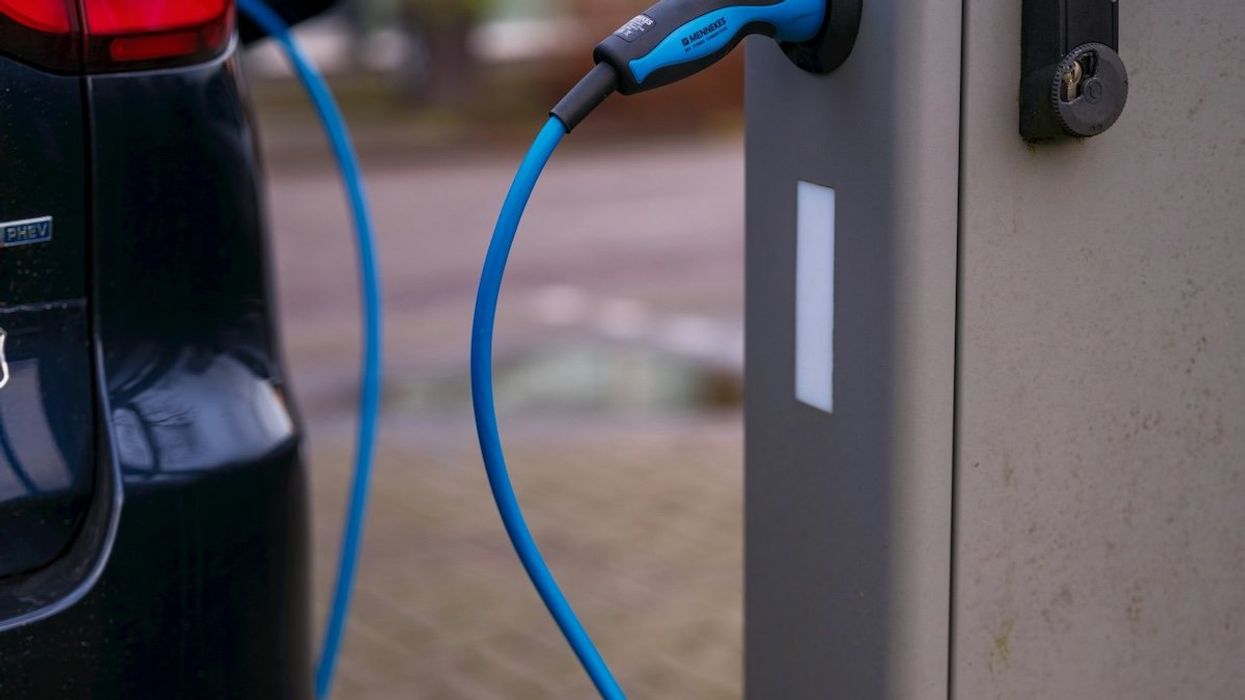As Californians assess the damage from the state's latest devastating wildfires, the financial fallout is revealing cracks in the insurance system, leaving many wondering who will foot the bill.
In short:
- The 2025 Los Angeles wildfires killed 29 people, destroyed 16,000 structures and could cost up to $275 billion, making them the costliest natural disaster in U.S. history.
- Private insurers are leaving California due to rising risks and state regulations limiting rate increases, forcing many homeowners onto the state's last-resort FAIR Plan, which is struggling to stay solvent.
- As insurance costs rise, uninsured residents face severe financial strain, and low-income communities may never recover, reshaping the region's demographics.
Key quote:
“Right now, the state of California will not allow insurers to put the expense of the reinsurance into their rates. So that’s an inhibitor for insurers to buy reinsurance and increases the likelihood that an insurer could go bankrupt or insolvent.”
— Tom Larsen, catastrophe risk team lead at CoreLogic
Why this matters:
Wildfires are becoming more destructive, but California’s insurance system is ill-equipped to handle the rising costs. As private insurers pull out, more homeowners rely on an underfunded state-run plan, increasing financial risks for everyone. Without reform, more people may lose access to insurance, leaving them vulnerable to future disasters.
Related:


